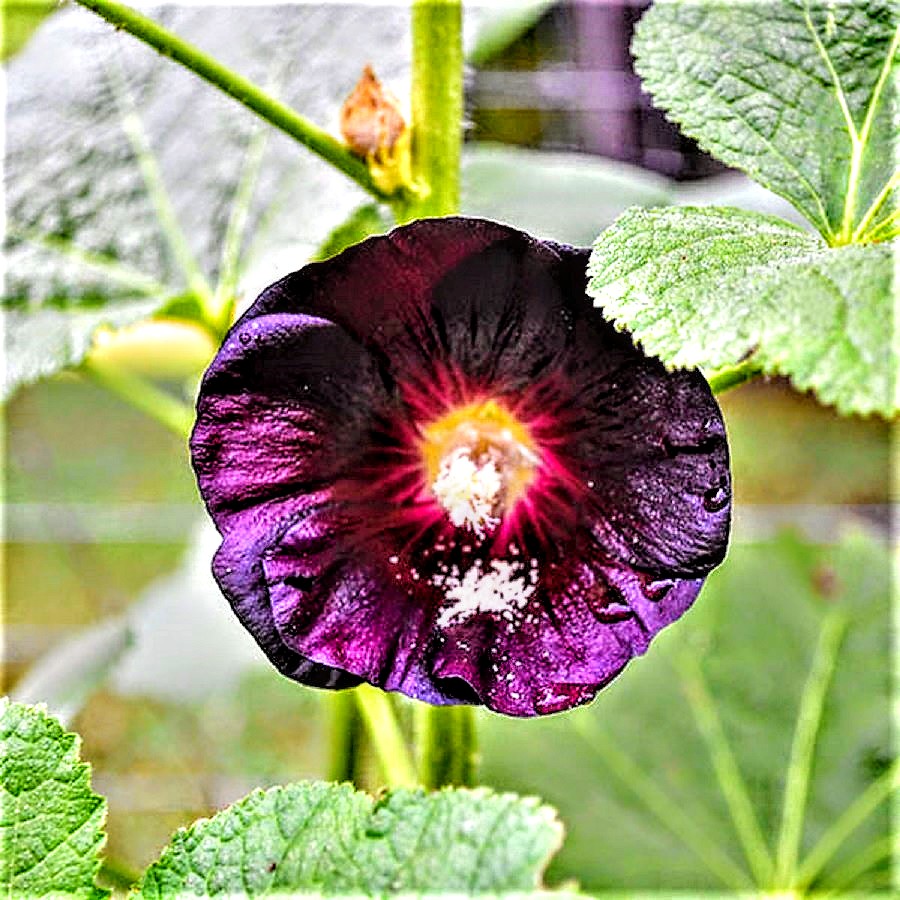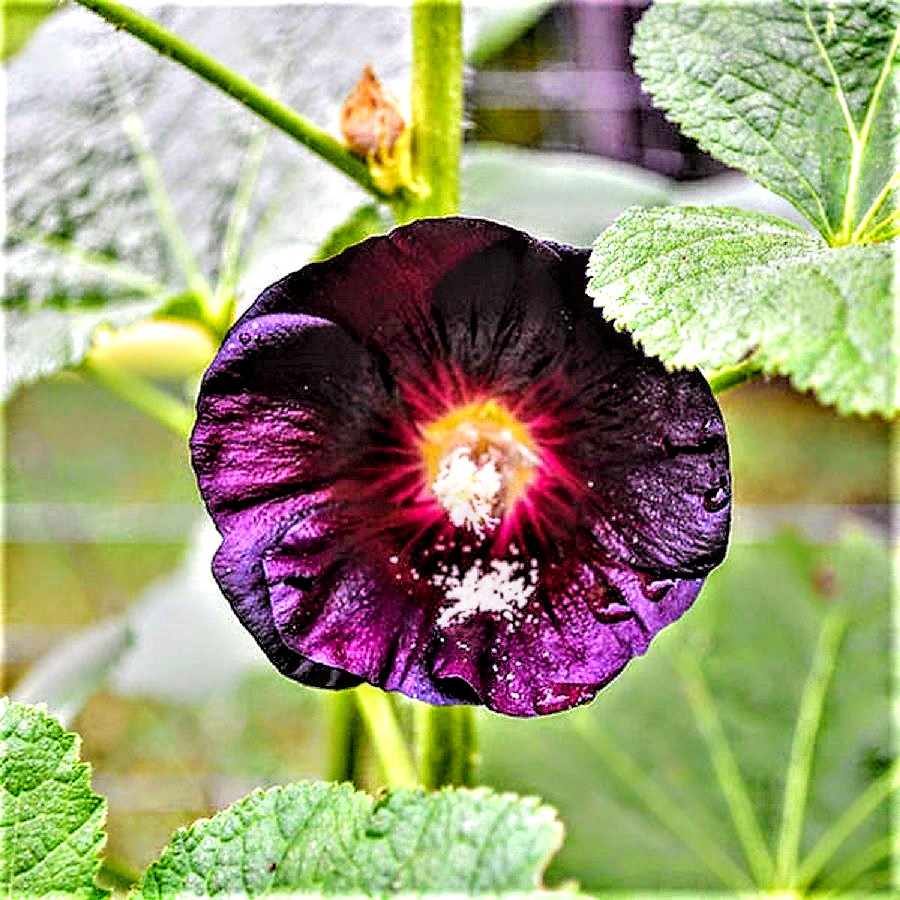Black American! It’s the latest, and newest, term for the identity of this peculiar group of people, whose Blackness consistently had to craft familiarity over decades of time! Negro. Coloured. Black. African-American. Black American. The latter term has currently come to solidify the existence for that collective of people, who created the authenticity of Blackness in US soiling. More attention has come to highlight this culture of people. The question is, what kind of attention has been directed towards them? Furthermore, what has been the perception of them in the eyes of the world? Other communities? Diasporic communities? What has been the opinion of Black American people, and the very essence of their culture? Such is an important topic and conversation to have. Furthermore, it is a topic, which should have been addressed a long time, ago. Yet, kindly note that such does not include those individuals and communities of African, Caribbean, Afro-Latino/a, and other Diasporic communities, who have made holistic relationships with Black Americans.
It must be mentioned that for too long, Black American people have been depicted as a people of struggle, oppression, violence, and “without a culture.” One doesn’t have to take the word of the writer of this article. Go on Youtube, and google the words “Black American culture.” One’s eyes will come across video topics, which even questions if Black Americans even have a culture. Despite the celebrations, and those of us who take pride in our cultural heritage, it cannot be denied that an ugly stench of self-hatred, has been spread throughout Black American communities. Not only has it been spread, but it has become a smell, which has decorated “lifelessness,” within too many communities. The glitter of my peculiar energy-which was utilized and re-cultivated throughout given periods of time-was (and is) still present. Yet, clearly, there were attempts to cover its luster-its sparkle and its shine. Too many from the outside (and even some of our own people had caved into the self-hatred, based on falsehoods). This magic sparkle, and connection to one’s awareness should be deemed as nurturing and aesthetically pleasing.
Yet, there appears to be a lingering of this stale stench. Not only is it stale, but it deteriorates the very richness of the magical, Blackness. In addition, through personal experience, and observations, it must be addressed the language, which has been utilized by a certain number of Black Americans, as it pertains to one’s self-image. Language which pertains to ignorant notions of Black Americans as collectively “lazy” and “no good.” Hatred of being “Black” has persisted within our communities. The consistent devalue of Black Americans has caused too many of us to doubt our worth; idolizing the non-Black American presence within our communities, as if they are “more valuable” representations of our very culture.
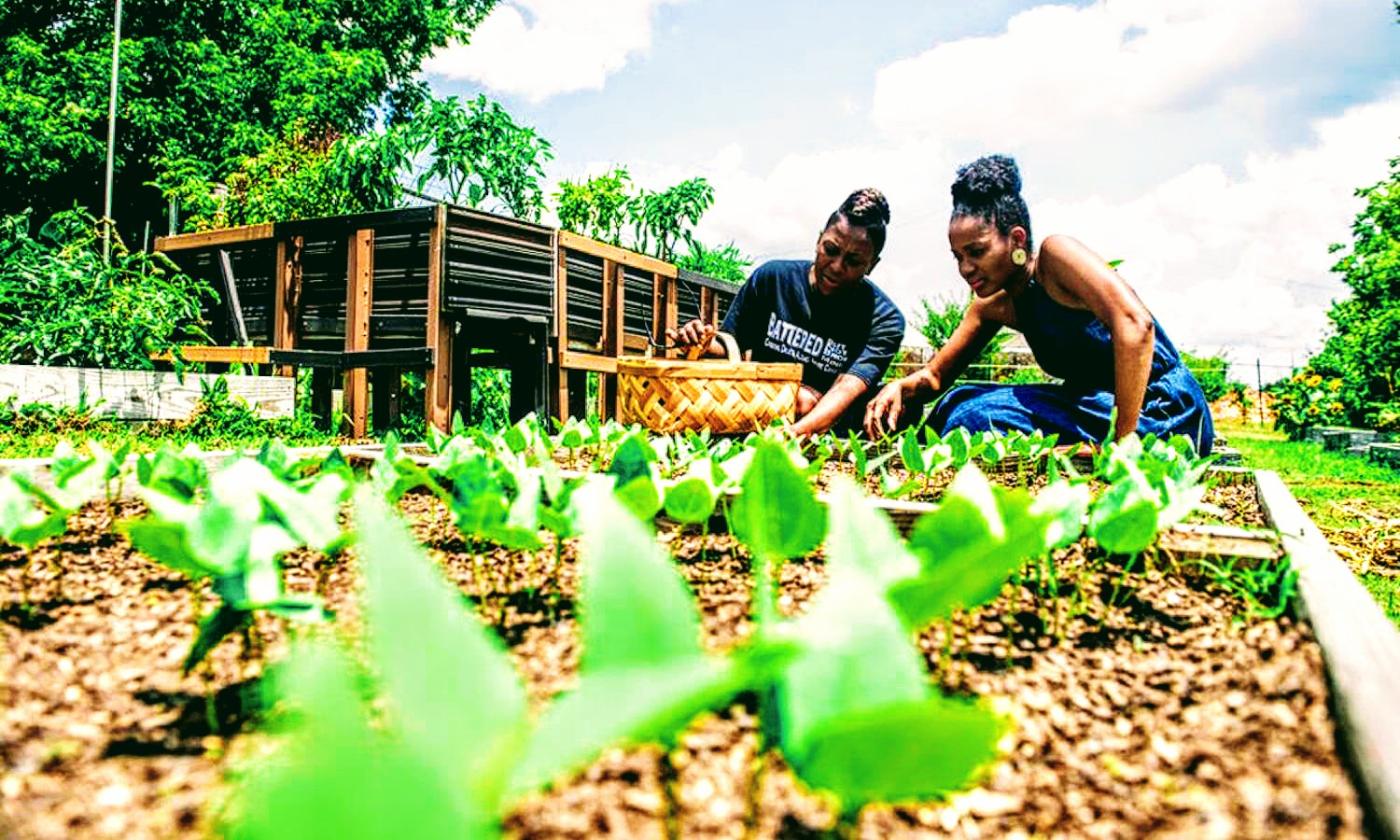
Then, of course, there are the DNA tests, and the encouragement for Black Americans to find our ancestry. While there is nothing wrong with tracing one’s roots, the issue is that it is being equated to be “cultured”; as if Black Americans did not create culture, anew. Terms such as being “lost,” and others, have painted this picture of Black America as a chaotic entity and community with no direction, legacy, or sense of purpose. As entertaining and exciting as it was, the film Black Panther did nothing to establish healthy images of Black American people to the world. In fact, only the stereotypes were highlighted. And yet, so many of us seemed unbothered in addressing these single story depictions of our existence. Of course, it is human nature to want to be something greater than yourself. Desiring to having superpowers to counter evil, and those trying to harm you. However, are not SuperHeroes and SuperSheroes made within a person’s culture? Of course, that is for another time; another piece of writing, at hand.
Shall we decided to delve deeper into this painting of “staleness” in Black American Blackness, it is the women of the community, who experience on a greater level. Why? Very simple, it is an attack on our very femininity. In fact, if you observe the conversations, the language, and behaviors from a number of people from other cultures, you can assess how Black America was painted as “without feminine energy”; or imagery of femininity. Terms as “exotic” were given for women outside of this culture. Yet, what is exotic? The very word, exotic, is based on movement and the unfamiliar. Should Black American maidens travel to certain lands, they too, will be painted as “exotic beauties.” Quite honestly, the very story of Black American women’s methods of cultural and community preservation are “exotic,” as they are unlike anything the world has seen. Time, land, and circumstances has made it so. Yet, Black Americans have been depicted as violent, angry without reason, and as delinquents to the very growth of US soil. It’s a frustrating paradox, should we proceed further.
Of course, there is another lingering issue, which is happening. It pertains to those conversations from Diasporic communities. While Black Americans have been criticized (and held accountable) for ignorant, and prejudiced perceptions made about Africans, Caribbeans, and others, has their been equal (and fair) criticism when it comes to certain comments made about Black Americans as having “no culture?” Have there been fair incidents in addressing behaviors of ignoring Black Americans when arriving on the United States? Such is a very important thing to address. Black American women have been presented as haggardly, unfeminine, and “strong.” While we can find these very same racist and sexist notions having been directed towards other Black women, personal experiences have observed comments stating that Black American women are “the least feminine’ within the Diaspora. Behaviors of entering into Black American women’s communities to “take their men,” and prove that they are “superior” also take place within the Diaspora. It may not be addressed; occurring in silent secrecy. Yet, it is prevalent. As quiet as it is kept, within the secrecy of such women, who think in this way, it is a mentality, held by a number of women in Diasporic communities, and their perception against Black American women. Such persons (and there are many) view themselves as a more aesthetically pleasing, and a more feminine, form of Blackness-than Black American women. Then again, we can’t forget those individuals, who view themselves as more deserving than Black American people, in reaping the rewards and benefits of this nation. And, yes! These mentalities are held from members within the Diasporic communities, who migrate to the United States.
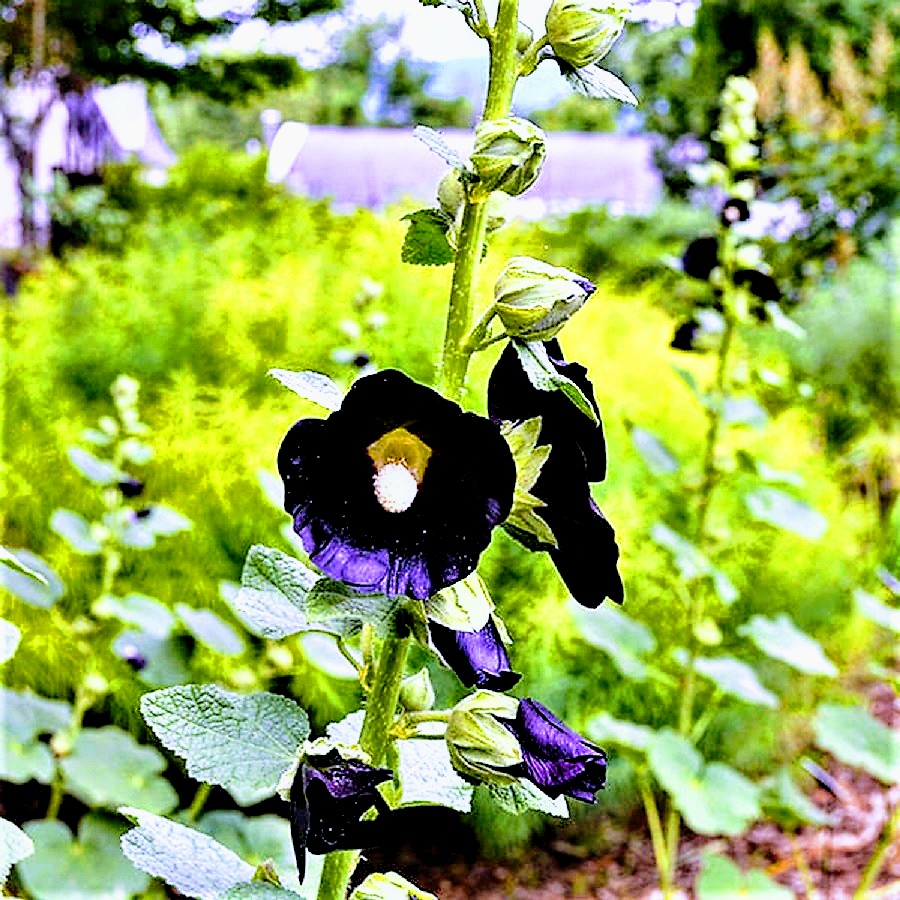
One of the main problems, which must be addressed is why Black American identity has, for too long, been viewed as “stale?” “Cultureless?” Does not acquiring a nation of our own translate into not having produced culture? Does one have to have one’s own nation in order to develop culture? Clearly, Black Americans have proven the contrary. The very same can be said of other communities within the Diaspora. So, why is this notion of a ” stale,” Blackened identity synonymous with Black American people? Have too many within our community come to associate our sensory as dull and flat? The production of our culture would suggest the opposite. Is it because femininity is intertwined with a woman and her land? And therefore, since Black American women were grown in hostile lands, which tried to remove us from our feminine nature, is there a certain aura which has halted the glittery magic of her existence? Her culture and birthing of such says the opposite. Even in not getting her own nation, there are her/historical practices, which highlights Black American women nourishing themselves in the Southern soil of the United States’ landscapes. Nourishing themselves, and their people, within their own gardens.
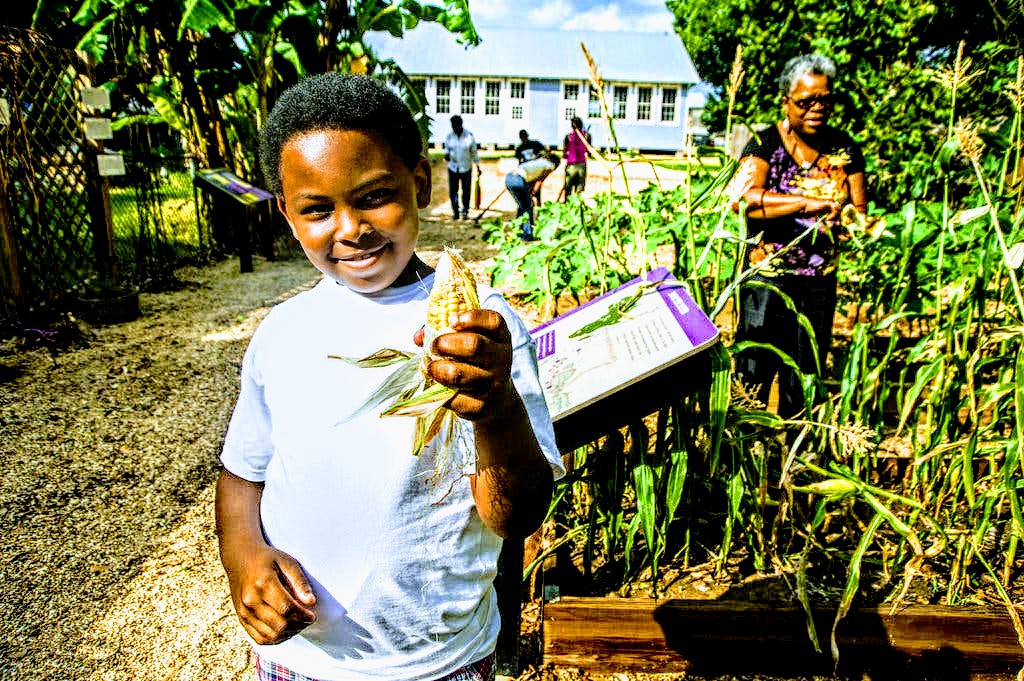
Perhaps, just perhaps, we have focused so much on feminine images, within our communities, who have been neglected, malnourished, and lack in self-esteem. The images of those men within our communities, who have given up on life, with expressions of hopelessness have become dominant images, within our community. In fact, such images have purposefully been depicted for a mainstream narrative. The beauty grown from Black America’s gardens is considered “absent,” unless it is being imitated, copied, or exploited from others; while ignoring the people of the culture. So, the lies continue to spread like lifeless, air knives, which continue to taint the air of the gardens. The odor and ugly coloring of lies, deception, and exploitation dirties the image of Black American people. The late, and beloved, Toni Morrison understood this all too well. Unfortunately, it didn’t just come from White people. It also came from people having our same coloring, or darker. This reality can no longer be hidden, ignored, or swept away under the consensus of “being Black.” Frankly speaking, we are not treated in the same way. There is a reason for such.
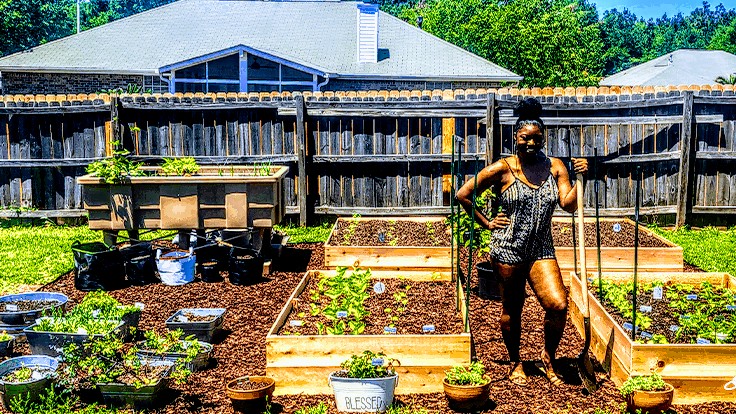
As we are moving through Black American His/Herstory Month, and the tidal of last year’s waves coming into fruition, let us remember the healing work, which must continue. Let us never forget the power of movement and the centering of ourselves, within our own gardens. It’s common for every culture of people to do so. In fact, it’s natural. While we are doing the work of centering, it is important to claim our identity as Black American people. We have always been a people, who have transitioned in our linguistic identity. For these current times, Black American is the most practical. Too often, we have thought with emotions, and the hype of being included in something that was not practical for our advancement. Our emotions, and the desire to feel as if we are belonging to something, have been exploited. They have been exploited not only by outsiders, but within our group. It’s time to cleanse that aura.
Black Americans should have no reason to feel “jealous” of anyone, let alone anyone in the Diaspora. We have created our own culture, music, and stories, and we should find comfort within them. Black American culture is valuable because we are in it. We don’t have to use foreign “exotic” elements to make ourselves beautiful, valuable, and aesthetically pleasing. The glittery energy of Universal coloring is still there. It’s that same energy, that was carried by our foremothers and forefathers. It’s that same energy we can use now. We simply have to return to it.
For this February 2021, let us, reflect on what makes our Blackness aesthetically pleasing. I am specifically addressing Black American people. Let us find beauty and wonder in our culture, and value it because we exist. Before the United States became its own nation, we existed. Let us dig through the cultural gardens, and allow them to polish our hidden luster. Permit them to sparkle, showing the world the stories, befitting, to our own Blackened hue!
